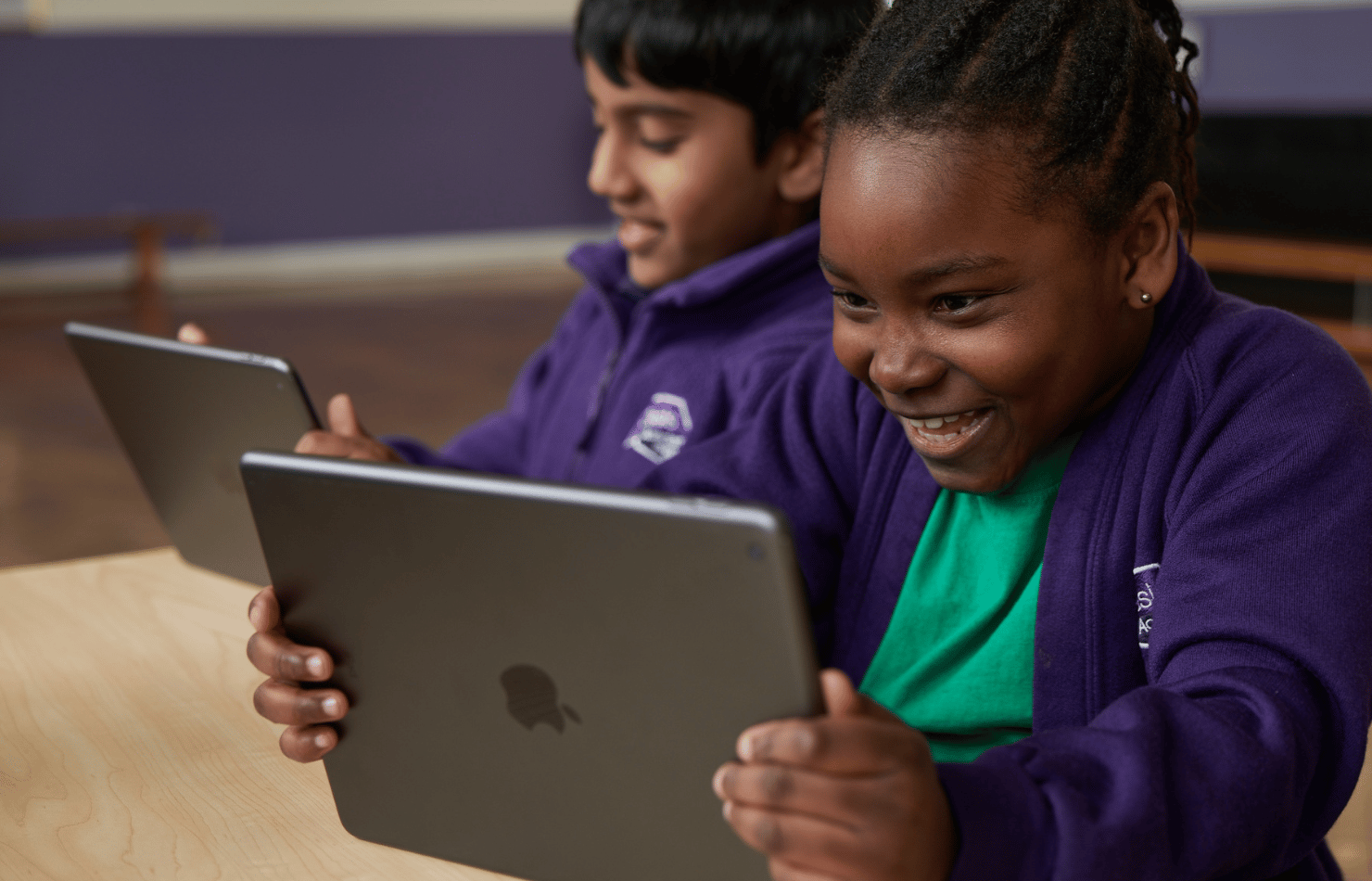
Equality vs Equity in Education
The Covid pandemic has raised awareness of the glaring disparity in access to technology throughout schools and at home. Some families had the luxury of superfast internet connection, multiple devices on which to work and technically-aware adults for support. The reality for many others was, at best, sharing a phone or an old laptop with highly temperamental, unstable internet access and limited support. The result of this meant that students’ experience of education for well over a year varied hugely.
The term ‘levelling up’ has become a key Government slogan, but when it comes to technology in education, what might this mean? Here, Sync considers ‘Equality versus equity’ and the long-term impact for schools across the country.
What does ‘Equality versus equity’ mean?
These terms are sometimes used interchangeably but there is a subtle difference. Equality is often described as being ‘the same’ with equity indicating ‘fairness’.
Providing every child with a pencil for use in the classroom is an example of promoting equality between students. However, if a child does not have the same access to the pencil for homework, then an equitable solution has not been reached.
In 2020, the Department for Education announced a £100 million package to support families with laptops and internet access¹ in an attempt to ‘level up’ the situation. This provided some equality as more households now had a device, but if this one laptop was being shared with siblings, and their parents could not afford the electricity, did this provide full equity compared with children who had their own device and more wealthy parents?
Providing technological equality and equity is rapidly becoming a high priority for schools as they strive to provide young people with not only a 21st century teaching and learning experience, but also the skills they need for life after school. To achieve this, school leaders need to consider the numerous barriers that could prevent equity for their pupils.
These include:
- School budgets and managing the cost of living crisis
- Limited Access to technology at Home
- Safeguarding pupils away from School
- The IT competency of Teachers
- A lack of Digital Literacy at Home
- Accessibility requirements for all Children
What does this mean for Sync?
Apple Authorised Education Specialist, Sync have always believed that training and a thorough CPD plan are at the root of a successful digital strategy. Alongside quality devices, they are committed to providing extensive support to educators and students through a dedicated team of consultants and Apple Professional Learning Specialists. They work closely with schools to ensure all teachers are up-skilled and maximising the resources at their disposal.
Using specific Mobile Device Management software such as Jamf, schools are able to assess individual usage and engagement with specific software. This provides feedback on teachers who may, for example, require further training or highlight individual children that need further support.
Sync recognises the need for strong partnerships with schools and Multi Academy Trusts. They acknowledge the importance of being more than just a provider of hardware, and instead being a trusted advisor to help schools navigate the adoption of technology for students, staff and parents.
Financial Sustainability
iPad can be bought or leased by schools via a range of financing options available through Apple Financial Services. These opportunities are equally available to all schools but they do, however, raise an important consideration.
How is equity achieved for smaller schools with limited budgets? Not all institutions have the purchasing power of a large Multi Academy Trust. Apple devices are accessible with leasing options available from as little as £6 per student per month.*
Working with a solutions provider like Sync is a step towards creating a sustainable outcome that suits all stakeholders.
With rapid digital advancements and the requirements of technology in education frequently changing, it is difficult for schools to constantly achieve equality and equity.
At the same time, Sync supports leadership teams to develop their understanding of how technology has become integral in preparing young people for a digital future.
Find out more about the work that Sync does with schools around the UK as well as how your institution can succeed with Apple Technology.
Kathryn Burgess, Network Manager, HeadteacherChatTM
(1) Children without internet access during lockdown – Children’s Commissioner, 18th Aug 2020
Legal
*Minimum Term Applies, excludes 20% VAT.